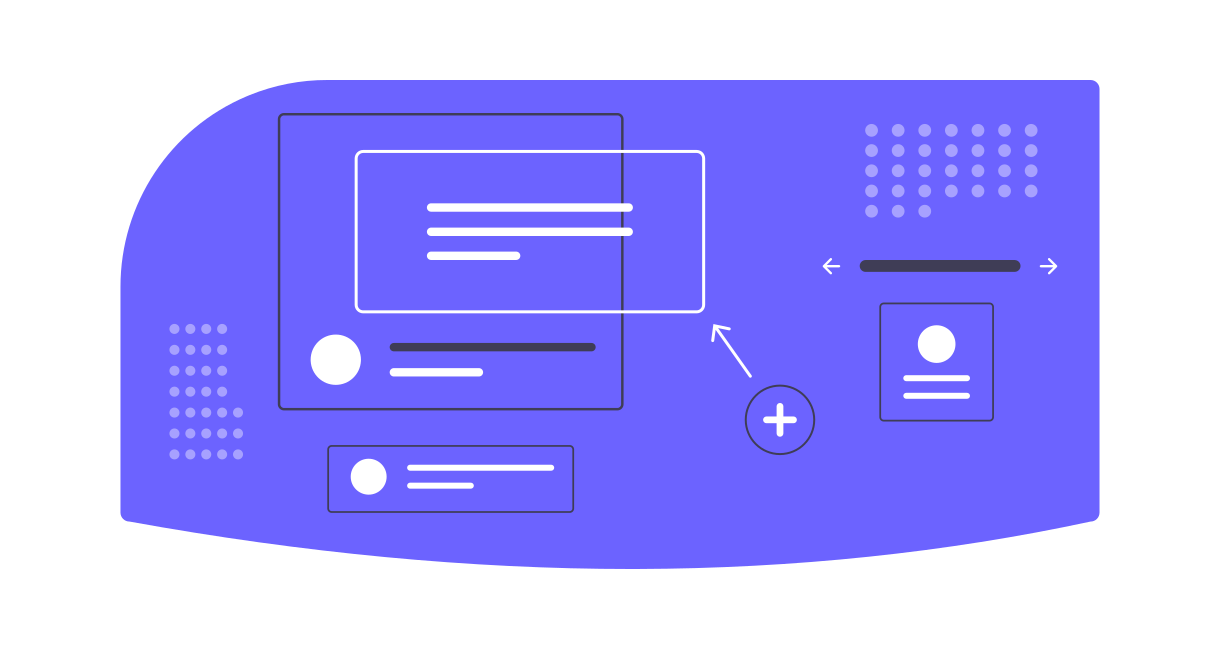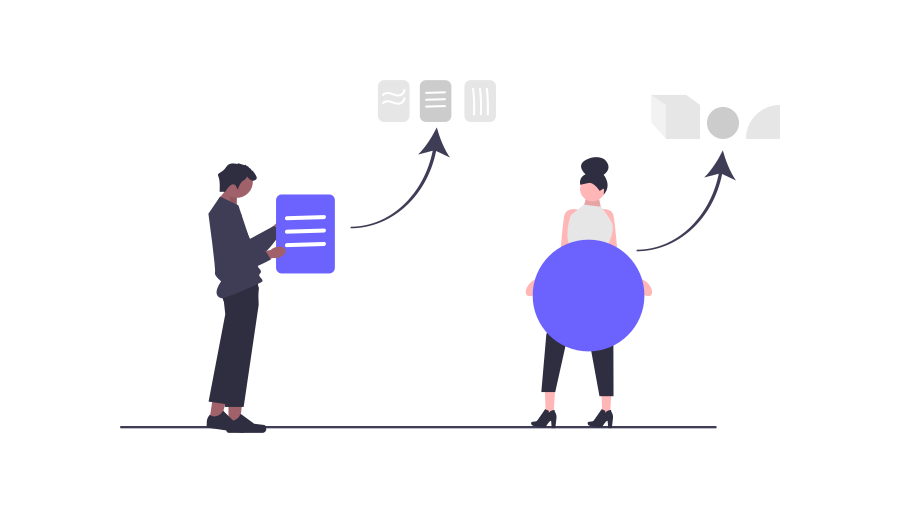
As the world becomes more technologically advanced, businesses must adapt to keep up with the rapid changes. One of the most important aspects of modern business is efficiency and workflow. To remain competitive, businesses must focus on optimizing their processes and workflows to achieve maximum efficiency. One way to achieve this is by migrating to a headless CMS.
A headless CMS is a content management system that separates the back-end content management from the front-end presentation layer. This means that content creators can work on the content without worrying about how it will look on the website or app. The front-end developers can then use APIs to retrieve the content and present it in any way they see fit. This separation allows for greater flexibility and control over the website's design and functionality.
The benefits of a headless CMS are numerous, and they all lead to increased efficiency and workflow. Firstly, the separation of content management from presentation allows for faster and easier content creation. Content creators can focus solely on creating content without worrying about formatting or layout. This allows them to produce more high-quality content in less time, leading to greater efficiency.
Secondly, a headless CMS allows for greater flexibility in website design and functionality. With a traditional CMS, the design and functionality are tightly integrated, making changes difficult and time-consuming. With a headless CMS, front-end developers can work independently of the content creators, allowing for greater freedom in design and functionality. This means that websites can be updated and improved more quickly, leading to a better user experience and increased efficiency.
Finally, a headless CMS allows for greater scalability. As businesses grow and their website traffic increases, a headless CMS can handle the increased workload without slowing down. This is because the CMS is built to be scalable from the ground up, allowing for greater efficiency and workflow even as the business grows.
In conclusion, migrating to a headless CMS is crucial for businesses that want to remain competitive in today's fast-paced technological environment. The benefits of increased efficiency, workflow, flexibility, and scalability make it a wise investment for any business looking to improve its website and streamline its processes. So, if you're looking to take your business to the next level, consider migrating to a headless CMS today.
So, you like what you see?
Let’s talk about your website challenges, goals, and timelines to determine the right solution for your business.
Schedule a call













